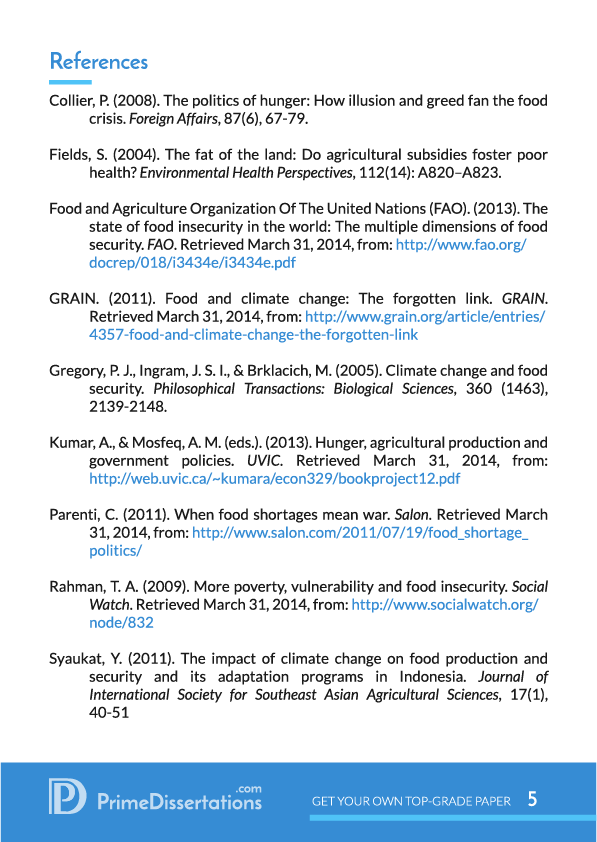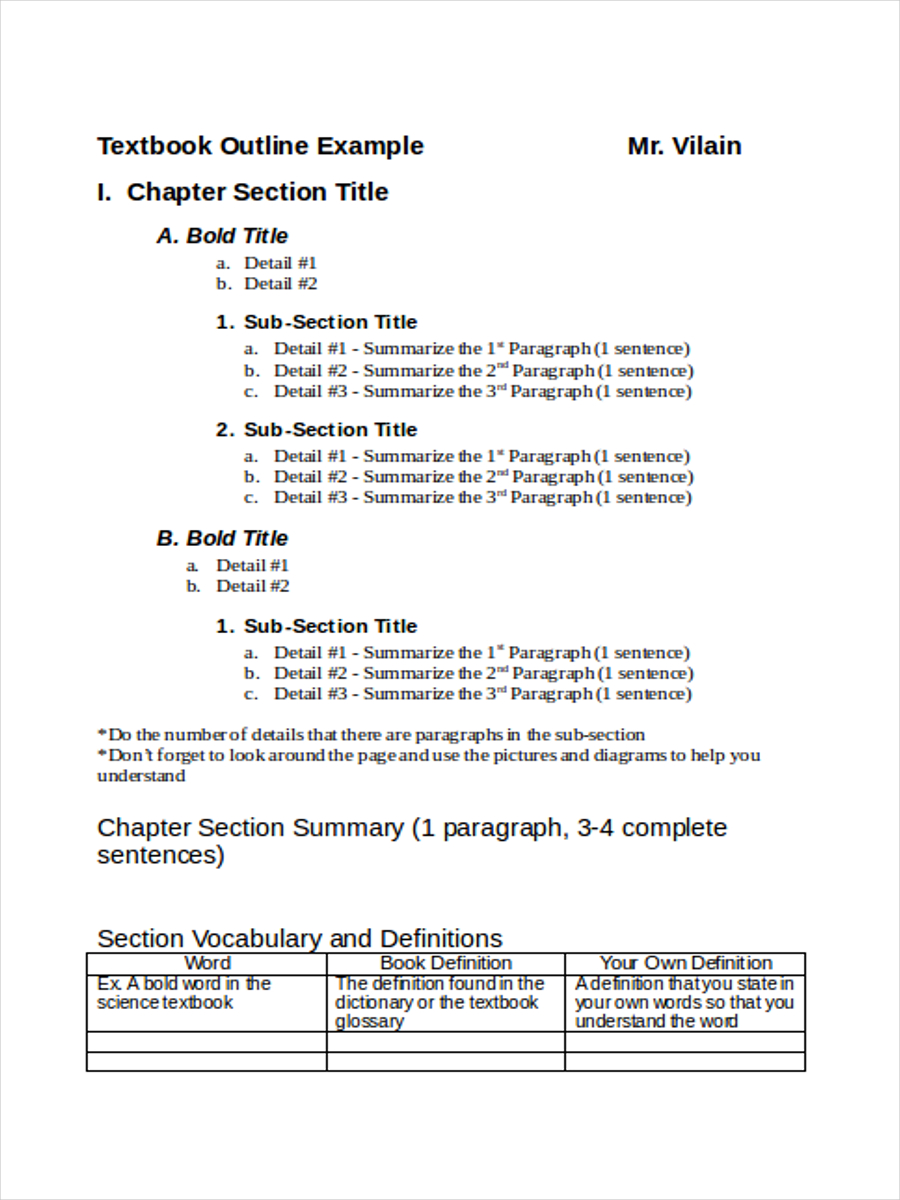

How does the setting connect to your overall premise?.What are the larger social, political, and cultural forces that affect the world?.Some questions you can ask yourself as you develop the setting are: Detail isn’t important at this stage, so don’t make the mistake of spending too much time on worldbuilding and never making it to the next step (fantasy authors, we’re looking at you). Essentially, ask how your setting affects the plot and keep that in mind as you build your plan. You might want to consider what kinds of political or social dynamics are at play and how they affect your characters and the progression of your story. In an outline, your setting should focus on the big picture. It can help set the tone, bolster the theme, and in general, create a more realistic reading experience, even if your story takes place in a galaxy far, far away. Setting is its own character in some ways, adding just as much personality and intrigue to the plot as anyone else. How you construct the setting can also give your story extra depth. Whether you’re writing a fantasy novel or setting your story in your hometown, the environment will influence your plot and characters. That’s right, it’s time for worldbuilding. Now it’s time to think big and consider the world your characters live in.
OUTLINE EXAMPLE DOWNLOAD
To help you develop your characters and keep track of their unique traits, download and print our free character profile template below For example, you can learn more about your character by asking, “What would happen if they were faced with their greatest fear?” These don’t have to be things that happen in the plot but a way of understanding how someone will react in certain situations. How will each character play off one other?Īnother way you can do this is by creating “What if” scenarios and considering how your character will react to them.What are the stakes involved for the characters throughout the story?.The following questions will help you flesh out your characters even more: Get outside your protagonist’s head and look into their relational dynamics. This is when you start thinking about how each character interacts with the world and plot and the characters around them. Once you know who your characters are, you can start considering what they will do in the story. For example, in The Hunger Games, Katniss is driven by her desire to protect her sister and create a fair and peaceful world. Ask yourself what your protagonist's goal is and what drives them to achieve it. One good place to start is considering their motives. Since they’re going to make or break the book, you should have a good idea of who they are before you start outlining, which includes all your non-protagonist characters. Next, you’ll want to consider the walls of your novel: the characters. Ultimately, your outline will give you a path you can follow as you draft, so you don’t get lost. must to or else ?Įssentially, this will help you understand who your protagonist is - how they got to this point in life, how they think, their goals and desires.īear in mind that literary fiction, which is often voice- rather than plot-driven, may not fully fit this sentence - but it’s still worth trying to establish as many of these central pillars as possible. When you’re done, you should be able to complete this sentence: You’ll expand the answers to some of these questions further in the outline, but keeping each point in mind throughout will allow you to create a well-rounded story. Why is this story important, or alternatively, why is this story happening?.Then work your way through the 5W (and H) questions to flesh out these core facts:

Take a step back and ask yourself another important question: Why do I want to tell this story?

If all you’ve got is a sense of the themes you want to explore (e.g., grief, trauma, coming-of-age), it’s best to start by grounding those themes in concrete details. In a nutshell, the premise is your book’s central facts and the answer you will have to give when editors ask about your story. This is the first stone that will make up the foundation of your novel - and you want it to be sturdy. Think of this process as building a house. Solidify the premise of your storyīefore you can write a compelling plot, you need a good premise.


 0 kommentar(er)
0 kommentar(er)
